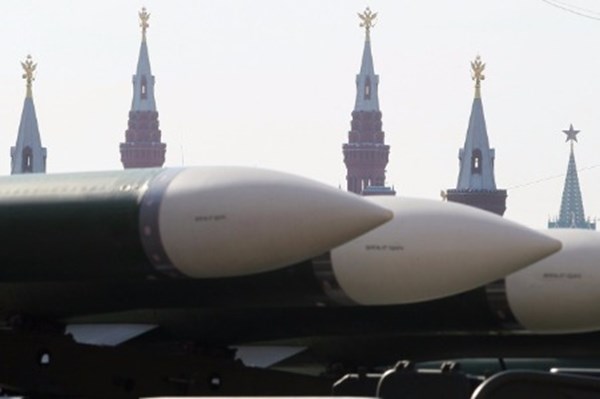Russia threatens to deploy nuclear missiles to Venezuela after failed talks with NATO on security guarantees
Russia sees no reason to continue security consultations with the United States, said Russian Deputy Foreign Minister Sergei Ryabkov.
According to Ryabkov, who led the Russian delegation in the Geneva talks, Washington "actually said no" to the key elements of the draft agreements proposed by Moscow in December.
These are the refusal to expand NATO (including the admission of Georgia and Ukraine to the Alliance), the withdrawal of the bloc's infrastructure to the borders of 1997 and the non-deployment of offensive weapons in dangerous proximity to the borders of the Russian Federation.
"The Americans want to have a dialogue with us on some fragments of the security situation and thereby let off steam of the Russian position, relieve pressure, relieve tension, and at the same time, while hiding behind a dialogue on fragments, continue the process of geopolitical, military development of new territories," Ryabkov said in an interview with RTVI.
"We have nowhere to retreat, Moscow is behind us," he said, adding that Russia would "find alternatives" and would never "bend" under pressure and blackmail.
One of the options, as follows from Ryabkov's words, may be the deployment of Russian weapons in friendly Latin American countries - for example, in Venezuela.
A scenario repeating the Cuban Missile Crisis of 1962, when the world was on the verge of nuclear war, is not excluded: everything will depend on "the actions of American colleagues," Ryabkov said.
Russian Foreign Minister Sergei Lavrov, who spoke almost simultaneously with Ryabkov on the air of the Russia 1 TV Channel, said that perhaps the only direction in which it was possible to move from the dead end is the non-deployment of medium-range and shorter-range missiles in Europe.
"We will not even discuss the US demands that Russian should return its troops to the barracks," the minister said.
Another deputy of Lavrov, who headed the Russian delegation at consultations with NATO, Alexander Grushko, said he did not see any ways to overcome the differences. We have already reached the end," he said at a news conference after 4 hours of talks in Brussels.
Russia "managed to convey to the members of the alliance that the situation is becoming intolerable, and that at some point the risks associated with the continuation of NATO’S current course may outweigh the benefits that they want to obtain today," Grushko said.
"Today, many have realized that this story will come to an end sooner or later, and it may look different," he concluded.
